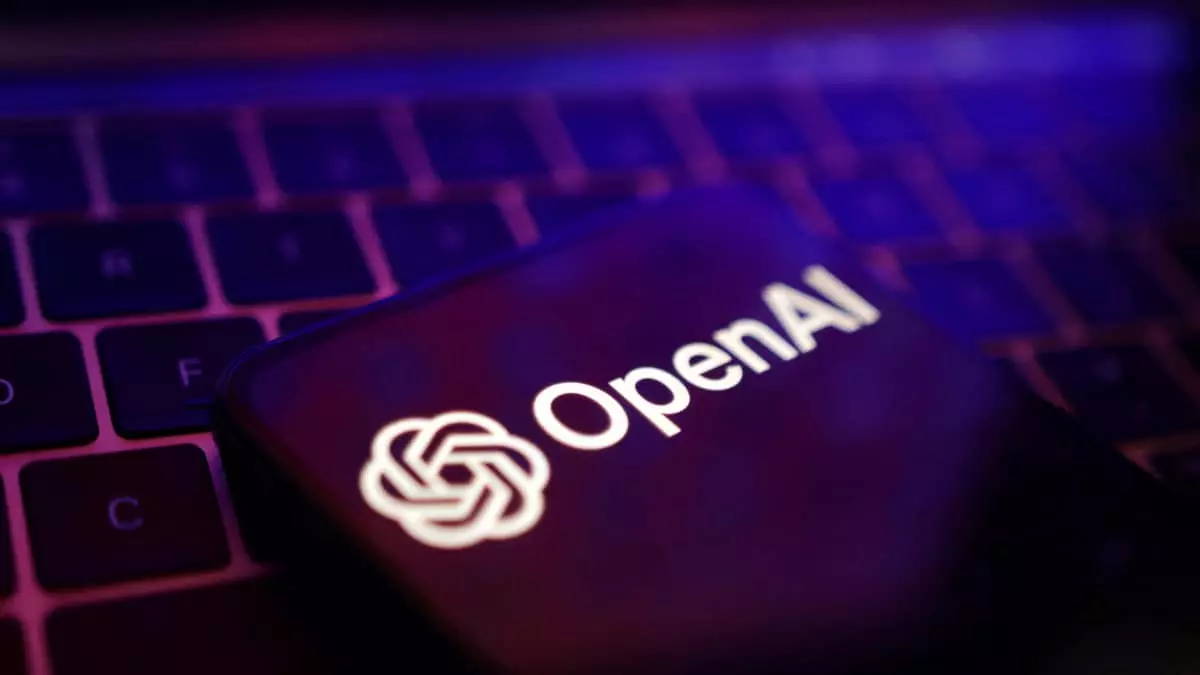In a noteworthy development, five major Canadian news media organizations have initiated a legal confrontation against OpenAI, the parent company of the controversial AI platform ChatGPT. This lawsuit underscores the increasing unease within the media industry regarding the utilization of copyrighted material by tech companies, particularly as the advancements in artificial intelligence continue to grow. The core of the dispute lies in allegations that OpenAI has routinely violated copyright laws and the specific terms of use established by content creators, raising significant questions about intellectual property rights in the digital age.
This legal action, filed on a Friday, comes as part of a broader trend where not just media organizations but also authors, visual artists, and various copyright holders have sought to challenge tech giants over similar grievances. The five Canadian companies—Torstar, Postmedia, The Globe and Mail, The Canadian Press, and CBC/Radio-Canada—assert that OpenAI has been scraping extensive quantities of their published content to train its AI models, all without proper authorization or compensation. Their statement boldly claims that the exploitation of journalistic work for commercial purposes is inherently illegal, urging the industry and the public to recognize the importance of ethical participation in content distribution and usage.
The legal arena surrounding AI and copyright law is rapidly evolving. For instance, just days before this lawsuit was filed, a case in New York was dismissed by a federal judge. The case involved allegations against OpenAI concerning the misuse of content from smaller publications like Raw Story and AlterNet. The dismissal reflects the complexities involved in navigating the legal frameworks that govern copyright, fair use, and innovative technology. In Ontario, the Canadian companies have filed an 84-page claim requesting not just financial compensation but also a permanent injunction that would prevent OpenAI from utilizing their works in any capacity without explicit permission.
OpenAI’s Defense and Industry Response
In response to these serious allegations, OpenAI has maintained that its data usage practices align with the principles of fair use and international copyright guidelines. The company states its commitment to cooperation with news organizations, mentioning that it provides options for publishers to manage how their content is used, including mechanisms to opt-out if they so choose. This assertion, however, does little to quell the rising criticism from copyright holders who argue that such actions are insufficient and fail to respect the value of their intellectual property.
The lawsuit against OpenAI is particularly significant within a larger framework where issues of intellectual property rights are becoming increasingly contentious. Notably, high-profile figures like Elon Musk have also entered the fray, expanding lawsuits that challenge not just OpenAI but also its key partner, Microsoft. Musk’s accusations suggest a monopolistic trajectory that could stifle competition within the generative AI landscape, adding another layer to the pressing discussions on ethics, responsibility, and the future of digital content creation.
As the legal battles unfold, it is clear that the relationship between AI technologies and traditional media is at a critical juncture. The outcomes of these lawsuits could have far-reaching implications not only for the involved parties but also for the entire media landscape. It compels a re-evaluation of how data is sourced and used, propelling creators and tech companies towards more harmonious collaborations that respect and protect intellectual property rights. The situation remains fluid, and stakeholders from all sides must remain vigilant and informed about the evolving dynamics in the world of AI and copyright.



Leave a Reply